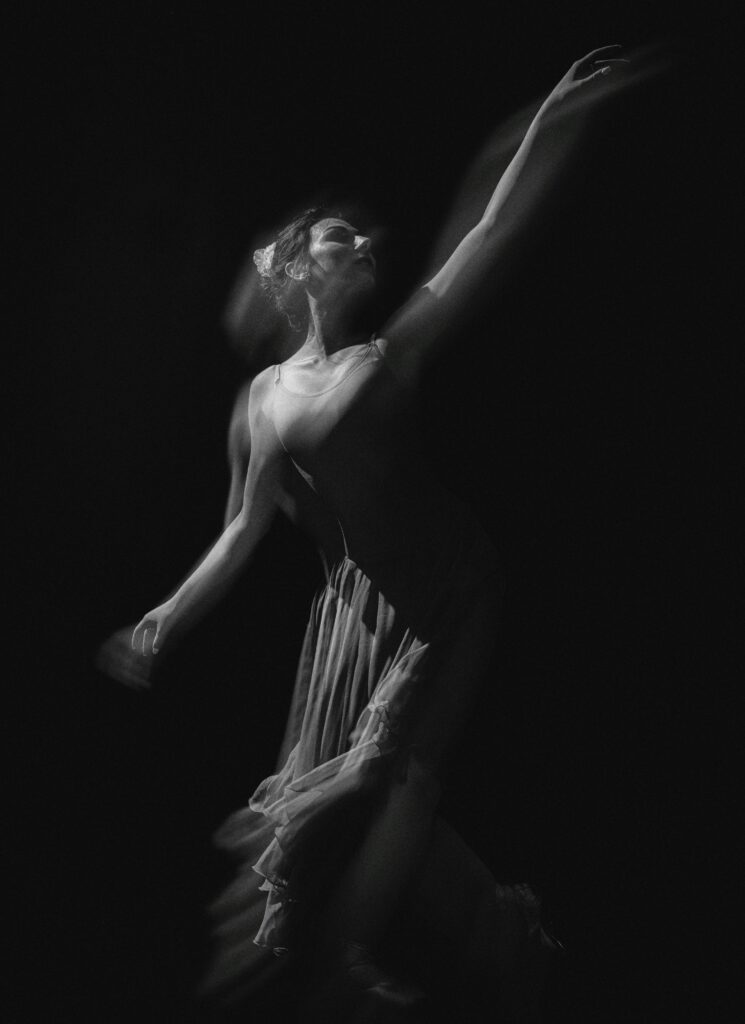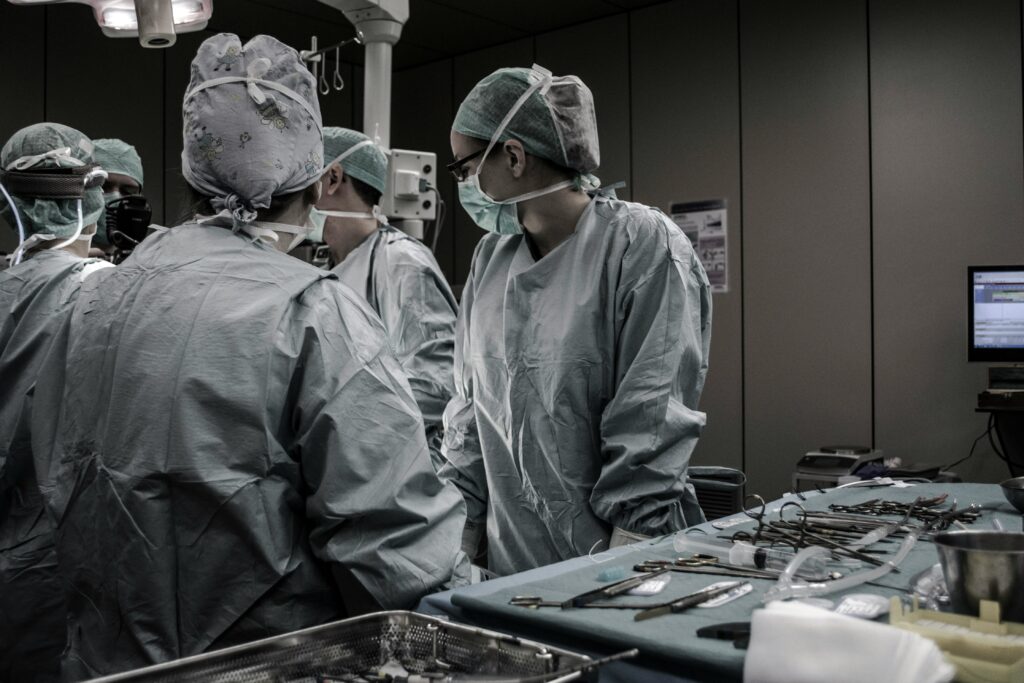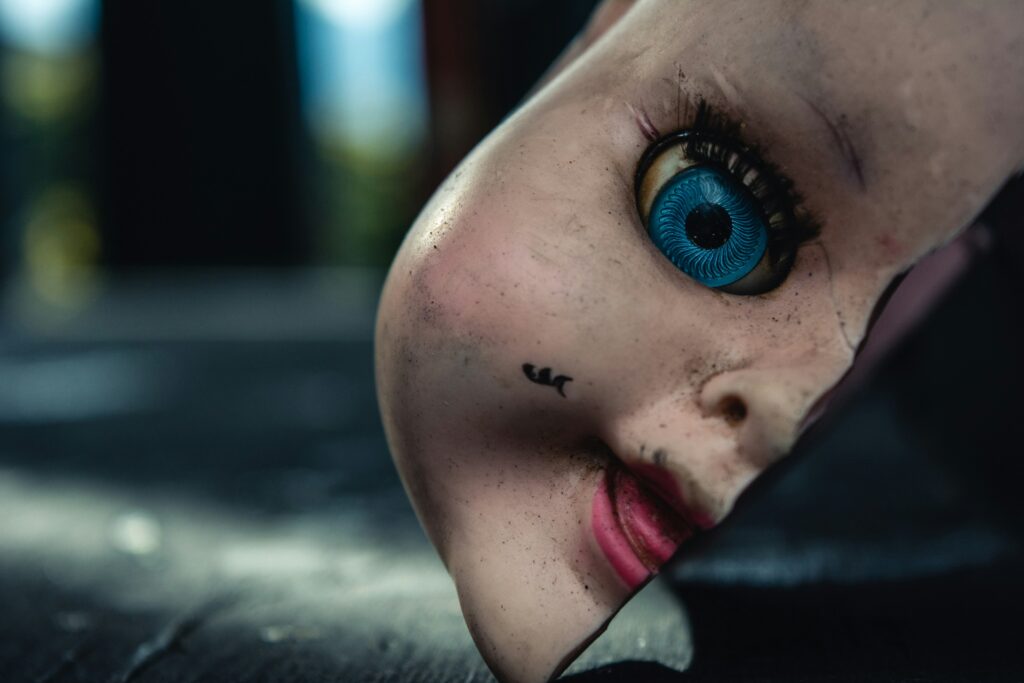The Wound Is Where the Light Enters
Doug Rowland, January 26, 2024
The rich aroma of lamb stew creeps into Zahra’s windowless cell. The scent mixes nauseatingly with the twin reeks of her unwashed body and the almost overflowing waste bucket, but her stomach growls, nonetheless. She cannot remember her last meal.
Javad enters without knocking, carrying a tray that bears a silvered cloche, a knife, and a fork. He sets the tray down and lifts the cloche, revealing the stew beneath. Zahra reaches for it involuntarily.
Javad slams the cloche down, narrowly missing her outstretched hand. “If you want something from me, I need something in return. You are an educated woman, yes?”
Zahra glares at him.
He smiles, sadly. “Then you will know the words of Mawlawī—
Why do you stay in prison
When the door is wide open?”
Zahra knows what Javad wants. But she doesn’t know if she can give it to him. Even if it means her life. She closes her eyes to avoid his expectant stare, and the scent of the stew transports her back to her youngest sister Nahid’s sismooni party, weeks before.
***
The cooks had laid out lamb stew, steamed rice, tahdig, and kebabs in the garden. Zahra’s husband had done well as head of surgery and they had no children. They could afford to make the day special for her sister.
And everything had been special. There had been a seemingly endless line of Mercedes and BMWs pulling up to the curb. Each added to the flock of women wearing chadors of midnight or charcoal. In twos and threes, they passed through the wrought-iron gate, squinting in the afternoon sun that gleamed on the gaily wrapped presents they carried.
In the garden’s shade, and hidden from the street, the women laughed and smiled, kissed and hugged, as they peeled off their chadors and headscarves to reveal brightly colored dresses and hair that danced, long and loose. Last to arrive had been Nahid, her chador falling away to reveal a green and gold dress that bulged over her gloriously pregnant belly. Nahid had been almost vibrating with excitement; eyes shining as the guests enrobed her in love. After the guests had gone, she came to Zahra.
“Let’s go shopping at the Palladium!”
Zahra sighed. She always had trouble refusing Nahid. But she was the big sister. “Nahid, it’s not a good time. The protests …”
Nahid put her hands on Zahra’s shoulders. “Soon I’ll be stuck at home with the little one. Let’s go out, Zahra! Please?”
Zahra heard the loneliness in her voice. Nahid’s husband had returned to his studies in London months earlier and would not return before the birth.
In the end, Zahra agreed.
When the driver dropped them off at the mall, Zahra saw a dozen women at the top of a broad flight of stairs. They stood to either side of the entrance and waved signs that read “WOMEN / LIFE / FREEDOM.” Their heads were bare. Zahra recognized two of Nahid’s friends from the sismooni. They waved, and Nahid smiled as she called out to them.
Zahra’s jaw dropped. “You planned this?”
Nahid flushed guiltily. “I didn’t tell you because I knew you’d say no. Please don’t be angry! And don’t worry—no one will harm a pregnant lady.”
Nahid took off her headscarf before waddling up the stairs to stand with her friends. A crowd began to gather. And then the Gasht-e-Ershad came.
***
Javad clears his throat. “I apologize for the unfortunate necessity of keeping you confined. We needed to wait for certain … developments before judging how to proceed.”
She glances down, gauging the distance to the knife on the tray. The bruises covering her arms had gone yellow-black, nearly obscuring the veins beneath. The sight takes her back to her anatomy classes at Imperial College London—before she’d come back to Tehran to be a wife instead of a doctor. Better to slash her wrist? Or her carotid? A decade of running a household had dulled her skills, but perhaps they remain sharp enough.
They will never let her escape that easily. She sags back, weeping. Nahid. I’m so sorry.
Javad’s voice is almost gentle.
“When someone beats a rug,
the blows are not against the rug,
but against the dust in it.”
He hands her a clipboard and a pen. “If you sign this confession and read it to the reporters, the ayatollahs will let you live. And if this calms the riots caused by the incident, they may release you. Refuse, and … well, please do not refuse.”
Zahra stares at the confession. It begins:
I, Zahra Pahlavi, confess that my sister Nahid and I behaved immodestly in protesting the hijab. It was my recklessness that caused my sister’s unfortunate accident and ultimately her death. I forced her to run, unlawfully, from the Gasht-e-Ershad, whom I hold blameless …
Zahra remembers Nahid’s green and gold dress flashing in the sun. It had been exposed when the Gasht-e-Ershad officer clumsily grabbed for her shoulder, yanking instead the fabric of her chador. Nahid had spun, unbalanced by the baby, and tottered backward at the top of the stairs — suspended for one moment between two possible futures. Then Zahra had seen her sister fall — her hair flowing free in the space between before and after.
Javad leans closer. “Your sister is gone—you cannot change that. But your husband lives, and he will rejoice at your survival, and possibly, your return. Confess, and it may cool passions before matters become worse. It makes as much sense to resist as it would for one raindrop to try and change the ocean.”
Zahra grips the pen tightly, tears streaming, and prays for her husband’s understanding. Then she scribbles furiously through the confession, blacking out its lies.
Javad’s face turns ashen. Things must be bad outside the prison.
Zahra’s eyes flash in defiance. “I remembered my Mawlawī …
“You are not a drop in the ocean.
You are the entire ocean in a drop.”
You may also like
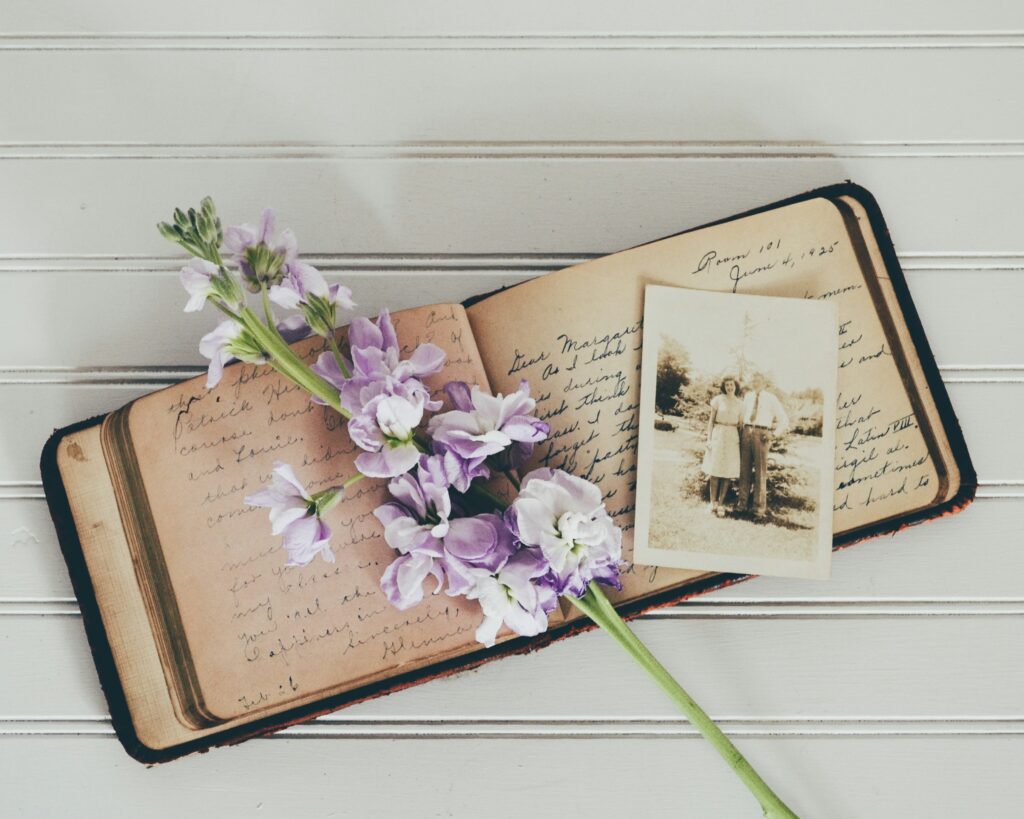
Eyes of the Beholden
Unspoken desires linger in the shadows of a teacher's life, revealed through art
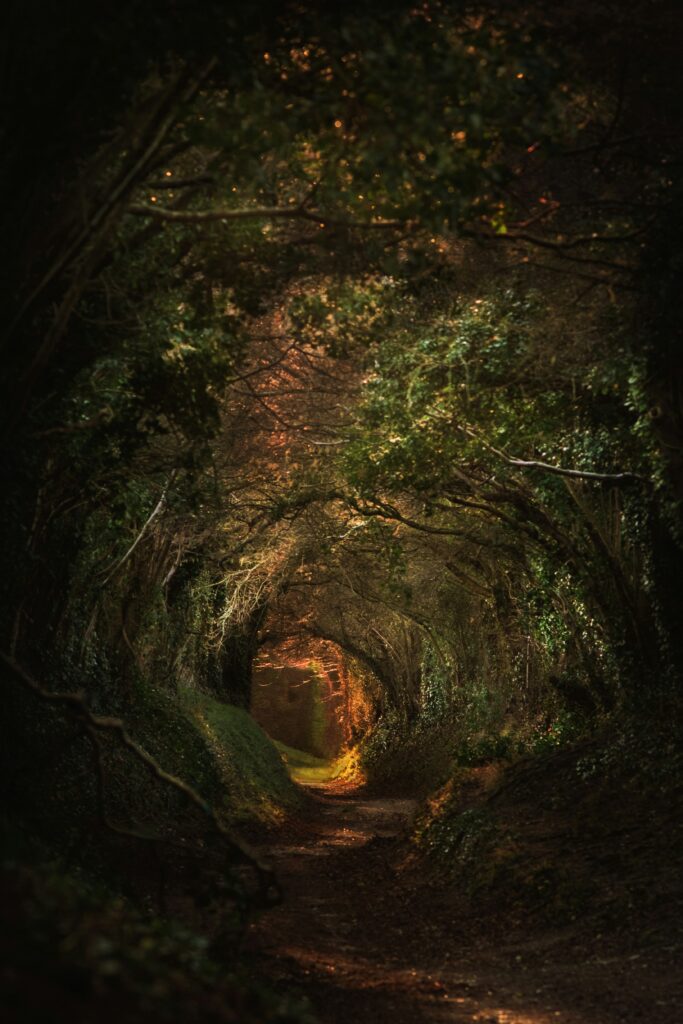
LOST
Bessie's odyssey through stormy nights, lost love, and secret graveyards unfolds with haunting beauty in "Lost" by Sandra Dennis.
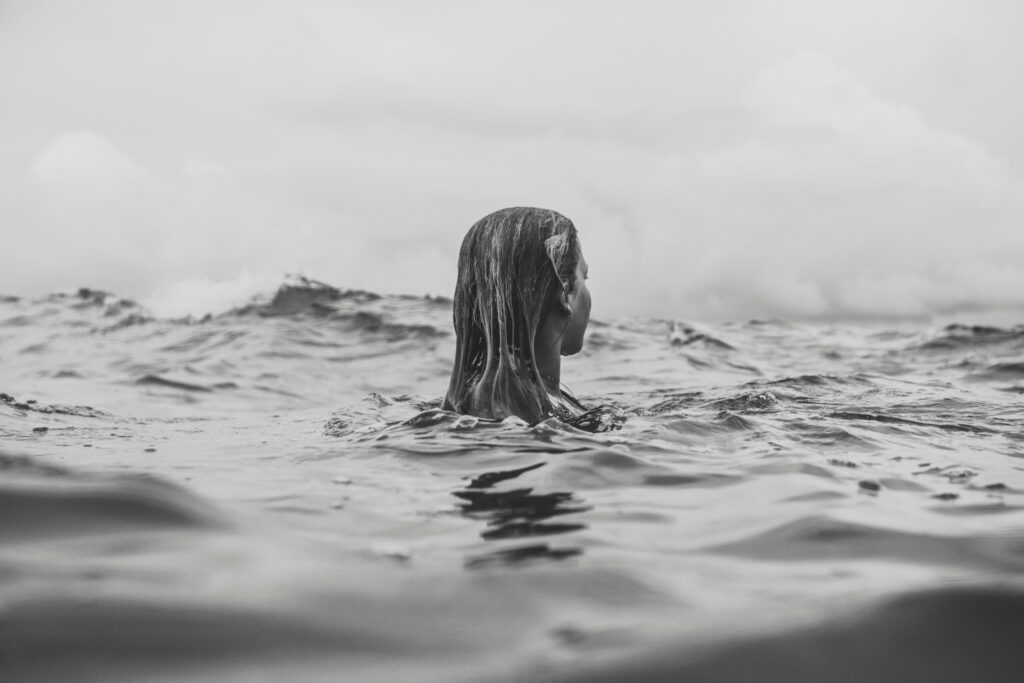
Water Rising
Amidst a flood, a woman grapples with the past, and confronts the consequences in this haunting narrative of resilience.
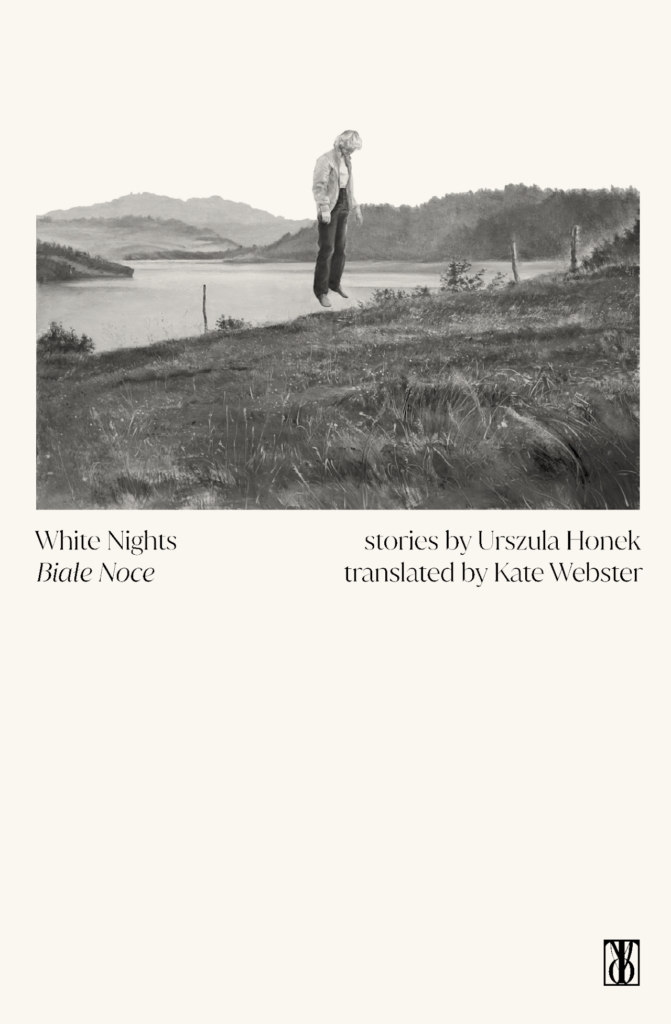
Book Review: White Nights by Urszula Honek
The debut short story from Polish writer Urszula Honek, White Nights, is akin to reading an account of a haunted place – one that is beautiful and devastating in equal
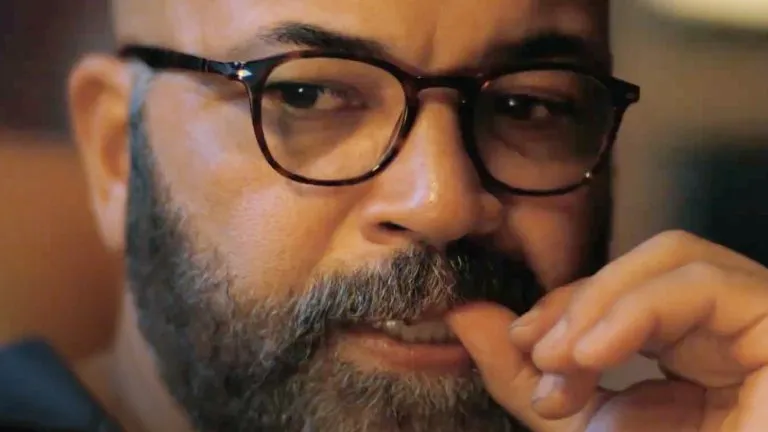
Beyond the Surface: The Multifaceted Lives of ‘American Fiction’
In essence, "American Fiction" and the experiences it draws from remind us that we are indeed more than the sum of our parts.
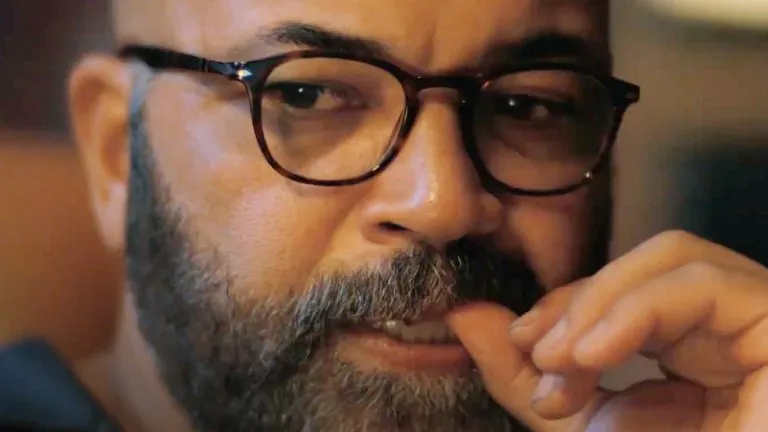
Beyond the Surface: The Multifaceted Lives of ‘American Fiction’
The narrative of “American Fiction” unfolds with a dual focus: it not only scrutinizes the unique pressures faced by Black creatives but also delves into the intricate and sometimes tense…
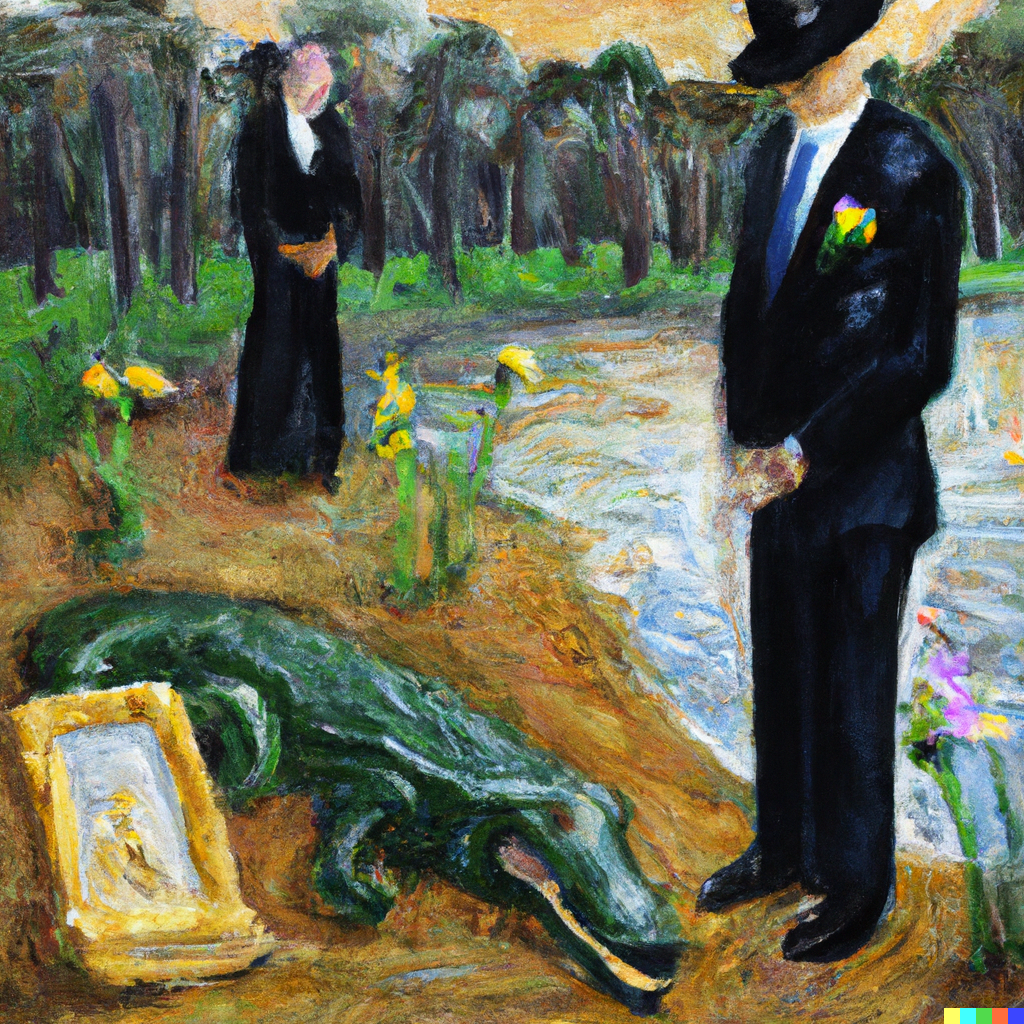
Uncle Bobby’s Funeral
Reluctant family faces the eccentricities of Uncle Bobby's funeral in swampy Chipley.





